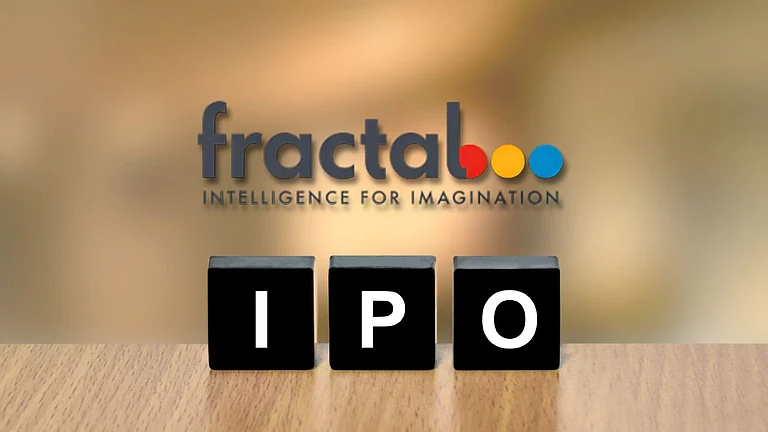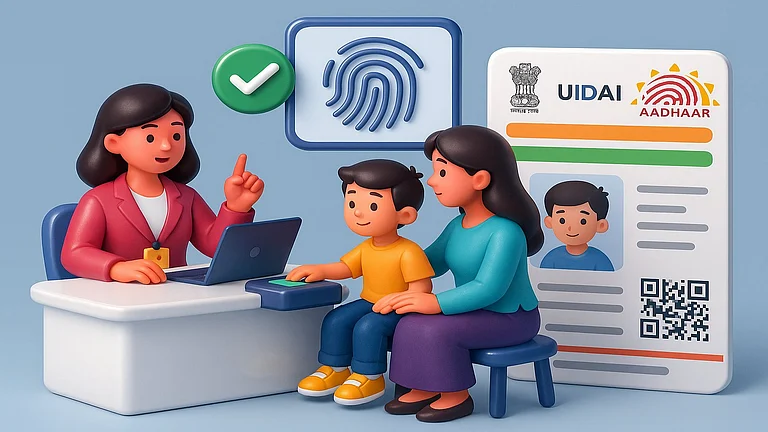Debt is very much part and parcel of the life of an average Indian. For instance, the household debt jumped from 30.1 per cent in FY18, the year of GST implementation, to a massive 37.3 per cent in FY21, according to a report by SBI Research. In FY19 and FY20, household debt saw an increase of 31.7 per cent and 32.5 per cent, respectively.
Debt and loans always come with a negative connotation. But that may not always be true. It all depends on what kind of debt you have—good or bad--and whether you are in control of the repayment process.
So how do you decide if a loan is good or bad? “A loan is a good loan if it is used for long-term investment or future gains but bad if it is used for current consumption. If it offers tax breaks, the former gets even better. The good loans in this category are housing loan, education loan, business loan, and vehicle loan on some occasions,” says Renu Maheshwari, chief executive officer and principal advisor, Finzscholarz Wealth Manager and a Sebi-registered investment advisor.
Here are three types of good loans and what makes them so.
Home Loan
Home loans offer a tax deduction under section 80 C and section 24b of the Income-Tax Act, 1961. The quantum of deduction for home loans under section 80C is Rs 1.5 lakh under the principal repayment component, and Rs 2 lakh for interest repayment under section 24.
You could claim a deduction under section 80EE of the Income Tax Act 1961, which can be claimed by first-time home buyers for the amount they pay as interest on home loan. The deduction is up to Rs 50,000.
As this loan is tax deductible, their effective cost of interest falls. You could avail of these loans and invest the extra money without digging into your personal fund for the same. Moreover, a home loan helps you build an appreciating asset while also helping fulfil one of your biggest goals.
“In case of buying a home, firstly it is an aspirational goal that is getting fulfilled and you even end up saving rent. Appreciation on the property is altogether over and above,” says Anant Ladha, founder, Invest Aaj For Kal, a financial planning firm.
Education Loans
Education loans also offer tax deduction under Section 80E. However, you cannot claim any deduction for the principal amount of EMI (equated monthly installments). Deduction can be claimed only for the interest part of the EMI. Moreover, there is no limit on the maximum amount allowed as deduction.
An education loan can help you or your child to progress in your career and add to your skill sets.
“The higher one's educational attainment, the higher one's earning potential. Education also has a favorable impact on one's capacity to find work. Workers with a higher level of education are more likely to be employed in well-paying positions and have an easier time finding new ones if the need arises,” says Anant Ladha, founder, Invest Aaj For Kal, a financial planning firm.
Business Loans
Again, this loan can help you grow your business. First, you get an interest deduction from your business income. The interest you pay on your business is tax deductible, which gets subtracted from your gross income. As per the Income Tax Act 1961, you could avail deduction on business loan interest paid from business profits.
“Second, if your business ROI (return on interest) is high, it actually makes a lot of sense in taking debt as then you will be able to effectively increase your returns. Finally, it is both financially and psychologically satisfying to be your employer. By doing your own business, you open space for exponential growth in life,” says Ladha.
All of the above loans, however, are large loans. it makes sense to assess your needs and repaying capacity before taking any of them. For instance, taking an education loan for a course that may not land you a good job may not make sense for everyone. Have a plan in place before going for any of them.














